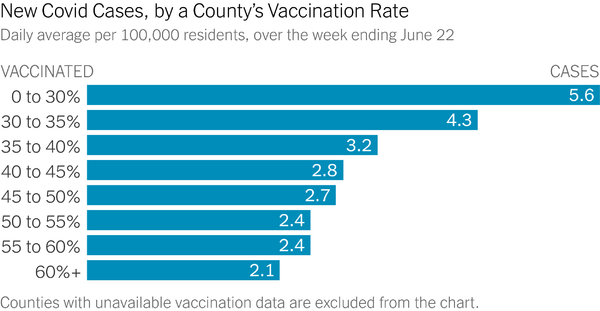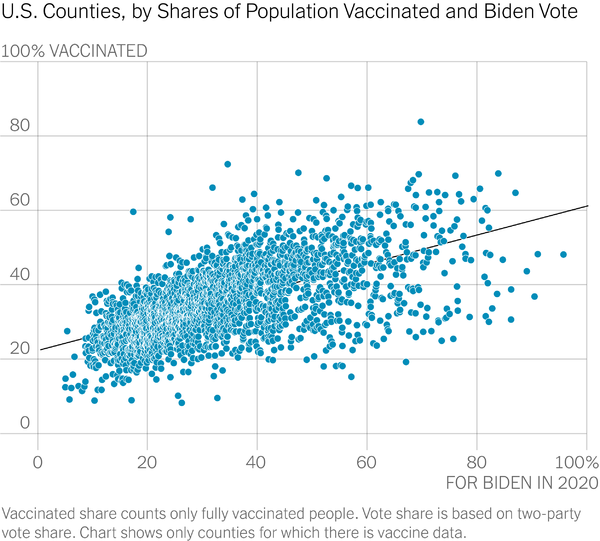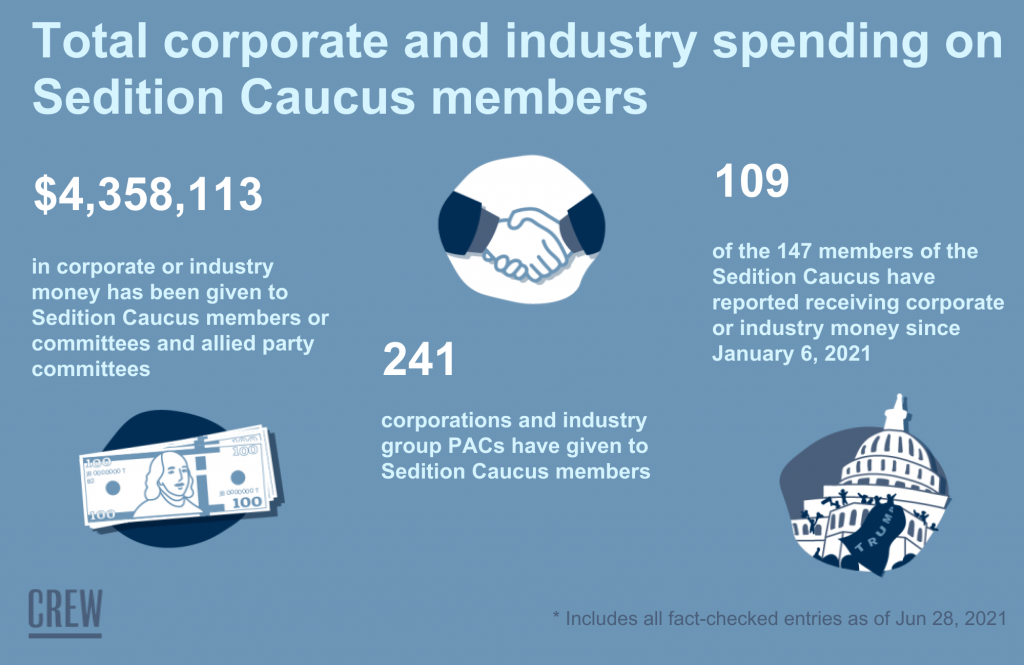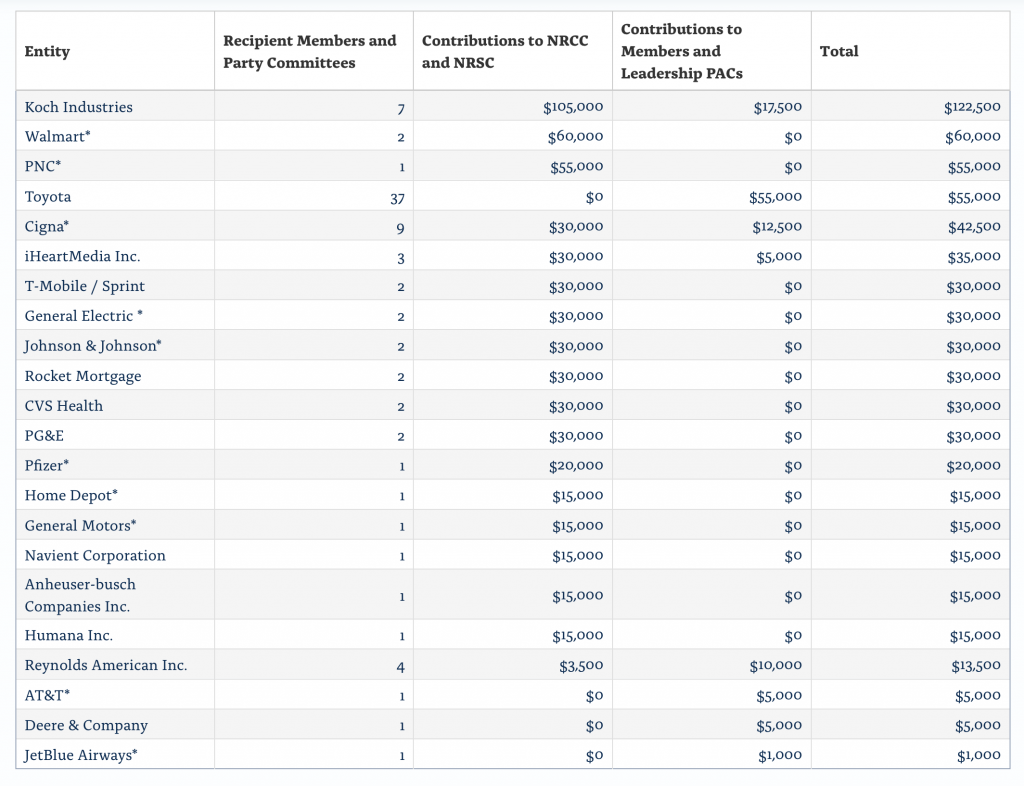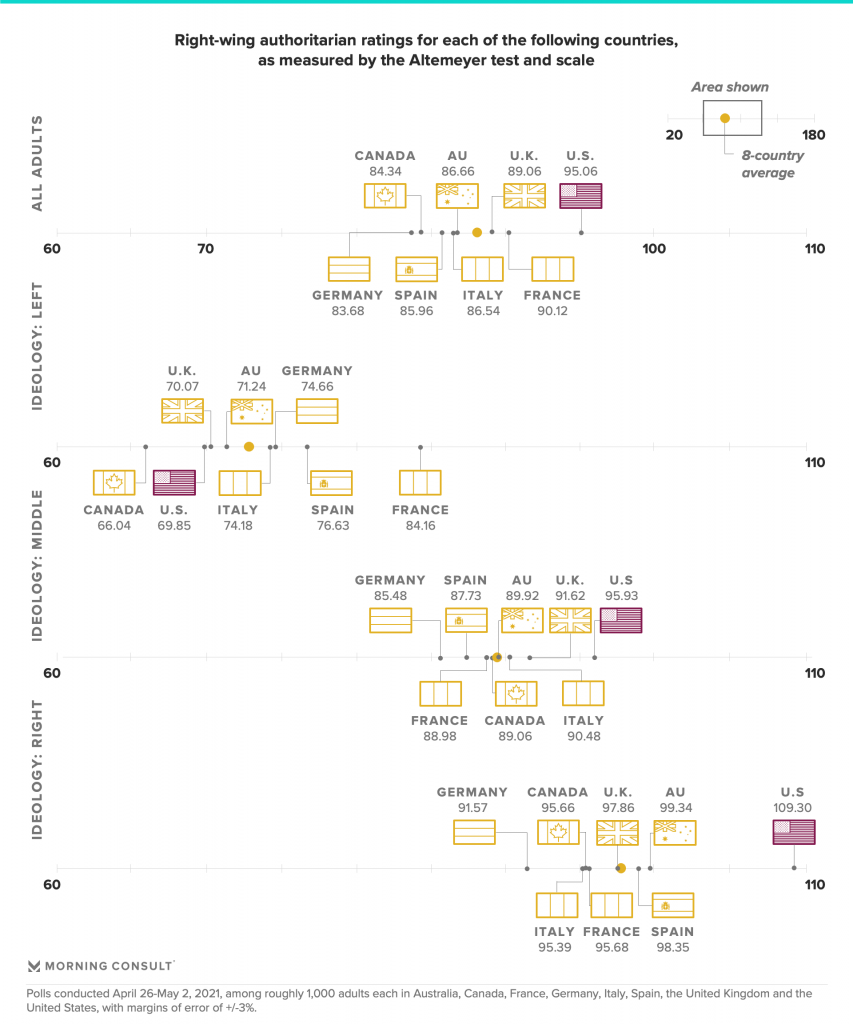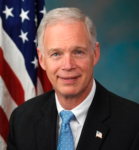 Scott Cohn of CNBC reports After Wisconsin’s Foxconn debacle, states and companies rethink giant subsidies. Rethinking is a hopeful prospect, but there has been significant lasting damage, as Cohn reports:
Scott Cohn of CNBC reports After Wisconsin’s Foxconn debacle, states and companies rethink giant subsidies. Rethinking is a hopeful prospect, but there has been significant lasting damage, as Cohn reports:
Economic development officials in Wisconsin say they are more than ready to move on to other matters now that they have renegotiated a massive subsidy deal with Taiwanese electronics manufacturer Foxconn that was widely considered to be one of the biggest economic development debacles in history.
But the impacts in Wisconsin persist, and business leaders and policymakers nationwide are still sorting out what the saga means in the high stakes battle between the states to lure businesses and jobs.
“It’s a big ‘I told you so’,” said Kim Mahoney, the only property owner to refuse to sell her home in Mount Pleasant, Wisconsin, to make way for the project, and now finds her house surrounded by a largely unused factory complex.
“Do I feel good about saying, ‘I told you so?’ No, not at all,” Mahoney said.
….
Next to the site on Prairie View Lane, Kim Mahoney said she and her husband are still willing to sell their home for a fair price, as they always have been.
All of her neighbors’ homes have been razed, and the rolling cornfields that were once outside her front door have been replaced by a chain-link fence and Foxconn’s giant glass sphere at the end of the block.
But, she said, the location has one great advantage.
“It’s quiet out here.”
(Emphasis added.)
Previously: 10 Key Articles About Foxconn, Foxconn as Alchemy: Magic Multipliers, Foxconn Destroys Single-Family Homes, Foxconn Devours Tens of Millions from State’s Road Repair Budget, The Man Behind the Foxconn Project, A Sham News Story on Foxconn, Another Pig at the Trough, Even Foxconn’s Projections Show a Vulnerable (Replaceable) Workforce, Foxconn in Wisconsin: Not So High Tech After All, Foxconn’s Ambition is Automation, While Appeasing the Politically Ambitious, Foxconn’s Shabby Workplace Conditions, Foxconn’s Bait & Switch, Foxconn’s (Overwhelmingly) Low-Paying Jobs, The Next Guest Speaker, Trump, Ryan, and Walker Want to Seize Wisconsin Homes to Build Foxconn Plant, Foxconn Deal Melts Away, “Later This Year,” Foxconn’s Secret Deal with UW-Madison, Foxconn’s Predatory Reliance on Eminent Domain, Foxconn: Failure & Fraud, Foxconn Roundup: Desperately Ill Edition, Foxconn Roundup: Indiana Layoffs & Automation Everywhere, Foxconn Roundup: Outside Work and Local Land, Foxconn Couldn’t Even Meet Its Low First-Year Goal, Foxconn Talks of Folding Wisconsin Manufacturing Plans, WISGOP Assembly Speaker Vos Hopes You’re Stupid, Lost Homes and Land, All Over a Foxconn Fantasy, Laughable Spin as Industrial Policy, Foxconn: The ‘State Visit Project,’ ‘Inside Wisconsin’s Disastrous $4.5 Billion Deal With Foxconn,’ Foxconn: When the Going Gets Tough…, The Amazon-New York Deal, Like the Foxconn Deal, Was Bad Policy, Foxconn Roundup, Foxconn: The Roads to Nowhere, Foxconn: Evidence of Bad Policy Judgment, Foxconn: Behind Those Headlines, Foxconn: On Shaky Ground, Literally, Foxconn: Heckuva Supply Chain They Have There…, Foxconn: Still Empty, and the Chairman of the Board Needs a Nap, Foxconn: Cleanup on Aisle 4, Foxconn: The Closer One Gets, The Worse It Is, Foxconn Confirm Gov. Evers’s Claim of a Renegotiation Discussion, America’s Best Know Better, Despite Denials, Foxconn’s Empty Buildings Are Still Empty, Right on Schedule – A Foxconn Delay, Foxconn: Reality as a (Predictable) Disappointment, Town Residents Claim Trump’s Foxconn Factory Deal Failed Them, Foxconn: Independent Study Confirms Project is Beyond Repair, It Shouldn’t, Foxconn: Wrecking Ordinary Lives for Nothing, Hey, Wisconsin, How About an Airport-Coffee Robot?, Be Patient, UW-Madison: Only $99,300,000.00 to Go!, Foxconn: First In, Now Out, Foxconn on the Same Day: Yes…um, just kidding, we mean no, Foxconn: ‘Innovation Centers’ Gone in a Puff of Smoke, Foxconn: Worse Than Nothing, Foxconn: State of Wisconsin Demands Accountability, Foreign Corporation Stalls, Foxconn Notices the Noticeable, Journal Sentinel’s Rick Romell Reports the Obvious about Foxconn Project, Foxconn’s ‘Innovation’ Centers: Still Empty a Year Later, Foxconn & UW-Madison: Two Years and Less Than One Percent Later…, Accountability Comes Calling at Foxconn, Highlight’s from The Verge’s Foxconn Assessment, After Years of Promises, Foxconn Will Think of Something…by July, Foxconn’s Venture Capital Fund, New, More Realistic Deal Means 90% Reduction in Goals, and Seth Meyers on One of Trump’s (and Walker’s) Biggest Scams, Seth Meyers on One of Trump’s (and Walker’s) Biggest Scams, the Foxconn Deal, and Adding the Amounts Spent for Foxconn (So Far).

